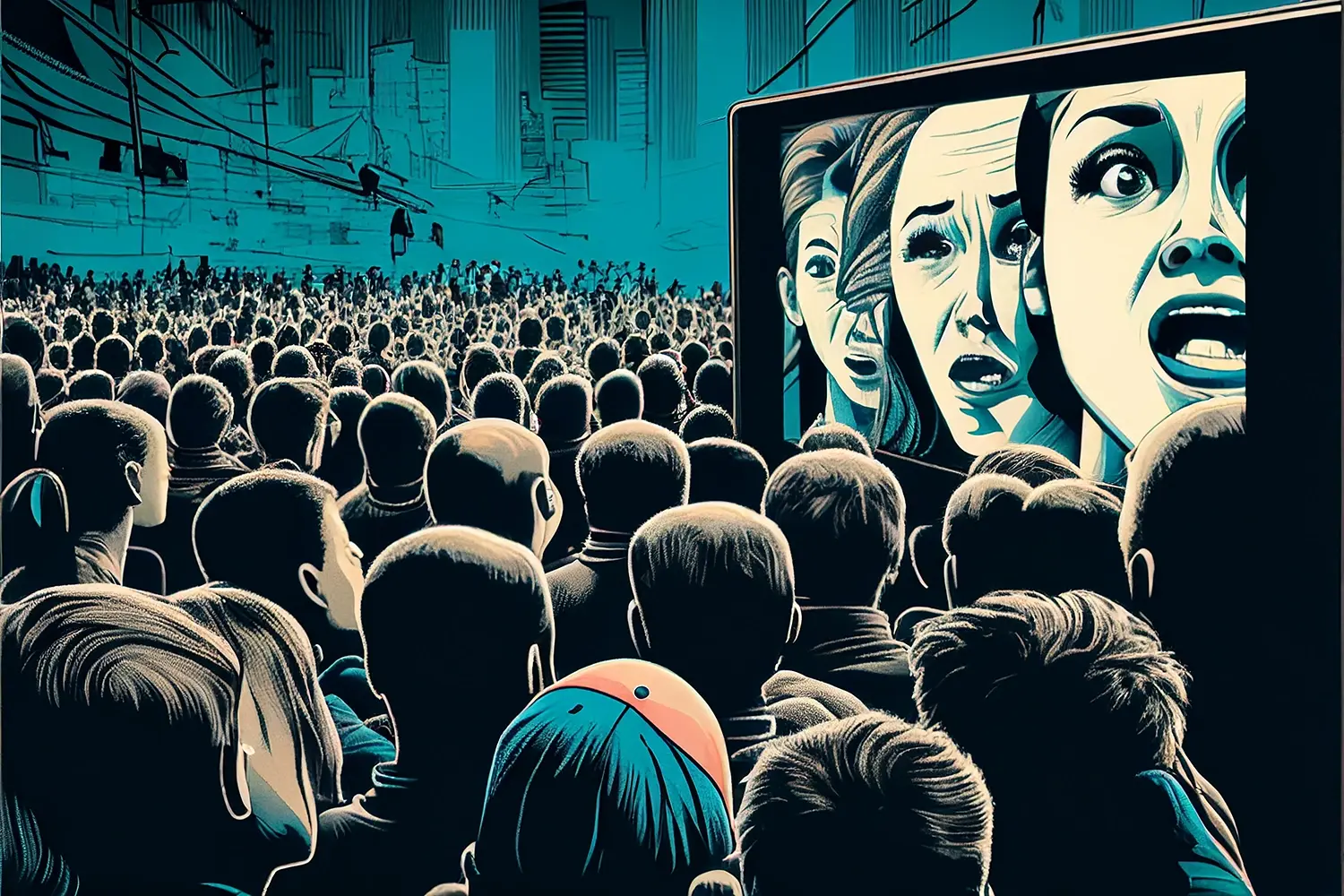Impartiality is often thought of as the gold standard of rigorous and fair minded media. The idea that there are certain things on which we can all agree, and from these principles we can have ‘balanced’ and ‘non-partisan’ media, is baked deeply into many Western institutions. But this idea is a fantasy argues John Budarick. We need to understand that impartiality is impossible and the very belief in it justifies the prejudices and tribalism that we seek to avoid.
In 2021 Mark Ryan, then Executive Director of the Judith Nielson Institute for Journalism and Ideas in Australia, lamented how increasingly difficult it is to remain non-partisan in an increasingly complex social and political world. The blame, as it so often is, was placed by Ryan at the feet of social media, ideological tribes and a breakdown of collective faith in a known and shared world.
The speech, which carried many similar themes to others from professional journalists, commentators and politicians, reflected the ongoing faith in what can variously be called ‘impartiality’, ‘balance’ or ‘non-partisanship’. A belief that there are certain things on which we can all agree, and upon which we can base our collective social lives.
___
It is telling that such issues would affect an organisation so publicly committed to traditional journalistic norms
___
The Judith Nielson Institute is a philanthropic organisation established by billionaire Judith Nielson. Its aims include the support of ‘quality’ journalism. Like many similar ventures in the United States, where billionaire funding of news media is not uncommon, the institute is modelled on a belief that philanthropy can save independent journalism from the failures of the market and the threats of social media.
The institute has recently experienced a period of turmoil, in part due to conflicts over its direction and independence. It is telling that such issues would affect an organisation so publicly committed to traditional journalistic norms, including professional autonomy.
Concerns with independence and impartiality are common in a professional journalistic sphere that finds itself – and certainly sees itself as – under attack from various sides. Online activists, populist politicians and silicon valley billionaires are all in their own ways breaking down the role of journalism as building a consensual picture of the world upon which people can base their daily lives.
Others also draw upon discourses of impartiality in their public proclamations. Politicians in the west, faced with vociferous and sometimes overtly anti-democratic far right movements, will often appeal publicly to a sense of consensus, a view that we are all in this together and that politics is about solidarity, not ideology, conflict or antagonism
Some might even say that this form of impartial governance – where in governments seek to avoid any overt commitment to deeper ideological values and instead focus on the administrative tasks of managing economies – bears traces of the ‘third way’ of the 1990s, when ideological conflict was said to be a thing of the past.
SUGGESTED VIEWING Dangerous media for dangerous times With Matt Kelly, Alan Rusbridger
Such positions have deep philosophical roots. Western rationalism and the idea of the informed political subject are core to liberal democratic ideals. Journalistic professionalism owes much to what Stephen Ward has called the ‘objective society’ and to the scientific models of those such as Walter Lippmann. Through a scientific method, even the tumultuous world of human affairs can be known and understood in an impartial way.
___
A position of impartiality, wherein no course of action is preferred over another, is impossible
___























Join the conversation